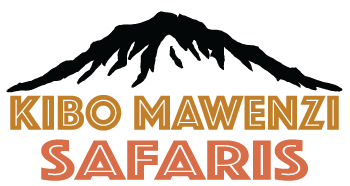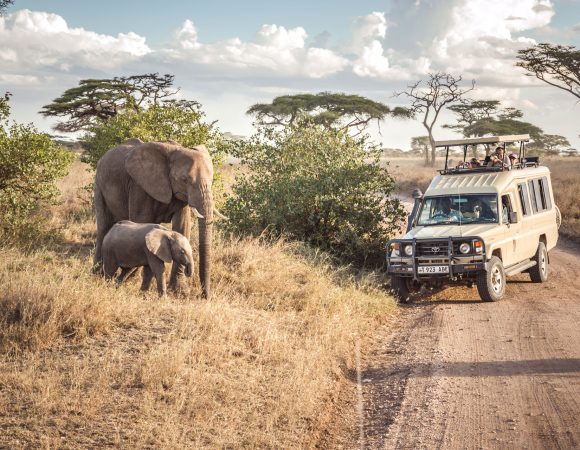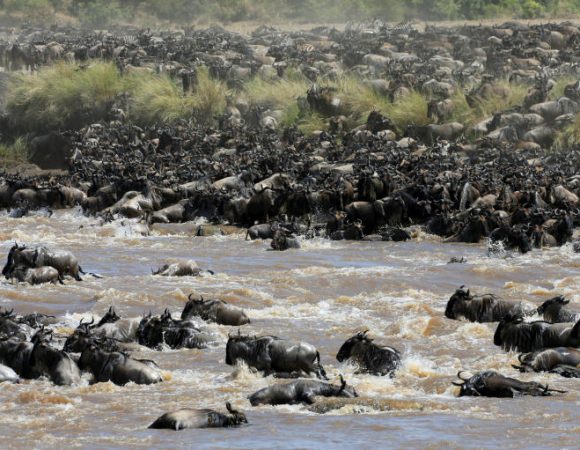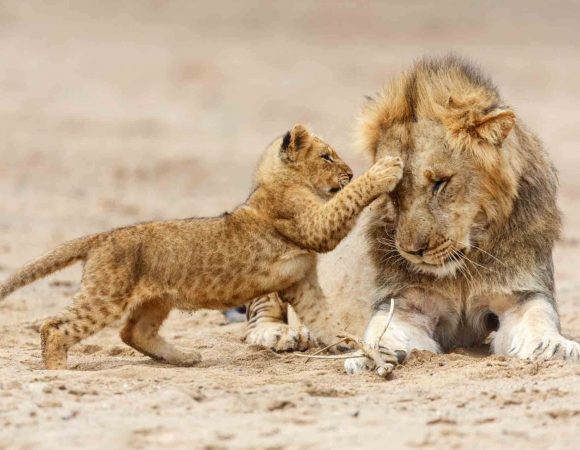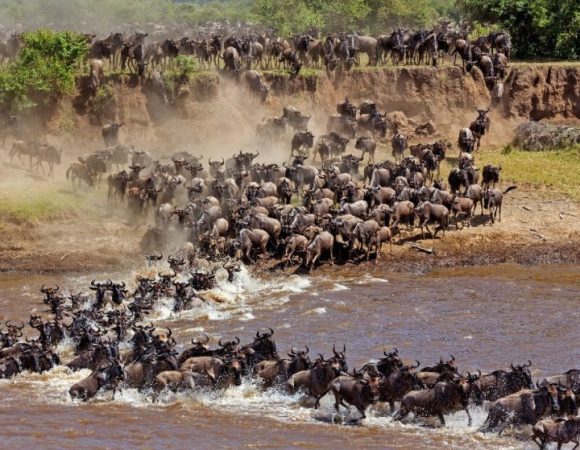Tipping Guideline
TIPPING IN TANZANIA
‘How, who, and how much should we tip on safari in Tanzania?’ That’s a common question from travelers, so we’ve put together the following guidelines. Along with the general etiquette of tipping in Tanzania, we’ve highlighted the various points to consider, which we hope will help you to avoid awkward situations
Tanzania’s economy: issues with tipping
Tipping in Tanzania should always depend on the quality of service received, and it is your choice whether or not to tip. Of course, we encourage our travelers to appreciate good service, but we also try to make them aware of the impact of tipping on the local community.
For those working in the service industry in Tanzania, including waiters, guides, and trackers, tips can form a significant part of their income. However, there is a fine balance between tipping enough and tipping too much. You may not think that tipping too much could cause problems, but excessive tips can throw out the balance of the local economy.
To understand this better, consider the work of a senior park ranger. Achieving this status requires a high level of education and knowledge, as well as several years experience in different national parks. If done properly, this is a very important role and a fair wage is paid for the job, but government-employed rangers aren’t usually top earners. Yet both the parks and their visitors benefit if educated and competent people are appointed to this kind of post.
Conversely, a safari camp assistant, who helps out generally and perhaps carries bags for guests, is also very necessary. Yet s/he doesn’t need to be so educated, or to have as much experience as a ranger, and s/he certainly won’t have the same level of responsibility or the same salary. So consider the effect if such a worker gets massive tips – totaling, say, US$500 a month. If that happens, there’s a very real possibility that s/he will end up earning more than the park’s ranger.
In this case, the local balance of responsibility and remuneration is distorted by the tips – which are too high. If this happened too often, it would remove the incentive for a ranger to work harder and take on more responsibility – and could well see park rangers giving up their jobs to become camp assistants, to the detriment of the park and its visitors.
So before you tip, do try to bear in mind the importance and extent of the work someone is doing for you, and remember to keep your tips proportionate.
Who to tip and when on a Tanzania safari
It’s important to know who would appreciate a tip on a safari, as there are many people working to make your travel a success. Consider:
- Tipping guides
An exciting and successful safari depends mainly on your guide. For this reason, many lodges suggest tipping him/her separately, to ensure that they get a fair tip.
- Tipping the ‘team’ of staff
A lot of people work behind the scenes to ensure that your trip is a success, including the chefs, the kitchen team, the maids, and the housekeeping staff. To include all of these ‘back of house’ people, many camps have a ‘general staff tip box’, with the proceeds divided equally between the staff.
- Do I tip the managers?
Some travelers ask if they should tip the camp managers. They are important, of course, but would you tip the owner of a restaurant? Generally, we don’t think so, and similarly, we wouldn’t usually recommend that you tip the manager. That said, there are exceptions to this rule, perhaps if you want to appreciate outstanding or extraordinary service.
To summarise, normally in Tanzania you tip your guide separately, as you’ll spend most of the time with him or her, and the rest of the staff together. It is unusual to tip the camp manager.
When to tip
Another frequently asked question is the best time to give tips. There are three options:
After each activity
At the end of each day
At the end of your stay
The best practice is always to tip just once, and always at the end of your stay at each safari lodge or camp.
Your guides won’t expect you to tip after each activity, and doing so could put pressure on them to ‘perform’ for the guest who is tipping – while probably distorting the relationship between him/her and the guests as a whole. It would certainly put your fellow guests in a very difficult position if you were offering tips this frequently, and they were not.
How to tip
The most common way how to tip in Tanzania is to use the ‘tip box’ that most camps offer. However, sometimes the box will be for all the staff, and sometimes for the staff excluding the guides; each camp has its own policy.
Some camps explain their policy in writing and leave it in their rooms. If not, ask the manager if there’s a tip box and, if so, who shares the proceeds. Then it’s up to you whether to put everything into the box or to tip some team members individually. In most Tanzanian camps, guides, trackers, and butlers are usually tipped direct, while other staff benefits from the ‘general staff tip box’. But this varies, so do ask!
It’s most common to tip in cash, ideally Tanzanian shillings or US dollars. Although some camps offer the option to tip by credit card, this depends on their accounting practices and their ability to process cards. Tipping by card isn’t the norm in Tanzania, and it can make it difficult to direct your tips to specific members of staff.
For travelers willing to think ahead, it can work well to bring a small supply of envelopes, perhaps with a card inside on which a ‘thank you’ could be written. Then towards the end of your stay, you can address the envelopes for the individuals or groups of staff whom you wish to tip, put the appropriate amount into each, and either hand them out or put them into the general tip box.
How much to tip
The amounts we suggest here are just guidelines based on our experience of safaris in Tanzania. Tipping is a matter of personal opinion and individual satisfaction – moderated by some understanding of the issues mentioned above.
Given that, we’d recommend that for good service, our travelers tip around:
- US$8–10 per guest per day for a group guide
- US$8–10 per guest per day for a private guide
- US$8–10 per guest per day for the hotel or safari camp, which is then distributed amongst camp staff (excluding safari guides)
- US$3–5 per city transfer
